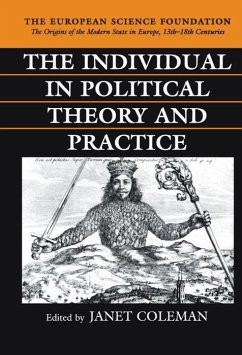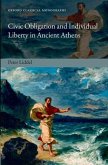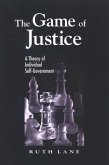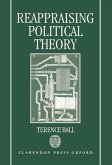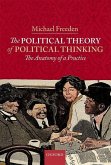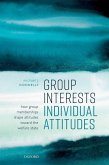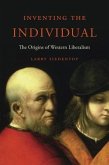The 'Origins of the Modern State in Europe' series arises from an important international research programme sponsored by the European Science Foundation. The aim of the series, which comprises seven volumes, is to bring together specialists from different countries, who reinterpret from a comparative European perspective different aspects of the formation of the state over the long period from the beginning of the thirteenth to the end of the eighteenth century. One of the main achievements of the research programme has been to overcome the long-established historiographical tendency to regard states mainly from the viewpoint of their twentieth-century borders. In this major study, a team of leading European scholars explores the development of the concept of the individual in social and political life. The story concerns the changing nature of individual identity, community interest, and corporate groups as they were gradually redefined by common western European experiences of universal catholicism, feudalism, civic republicanism and absolutism, Reformation and Counter Reformation, commerce and capitalism. As European societies evolved into increasingly centralized national states, there emerged a range of religious and secular discourses which expressed the autonomy of individual agents not only as political subjects but also as private selves.

